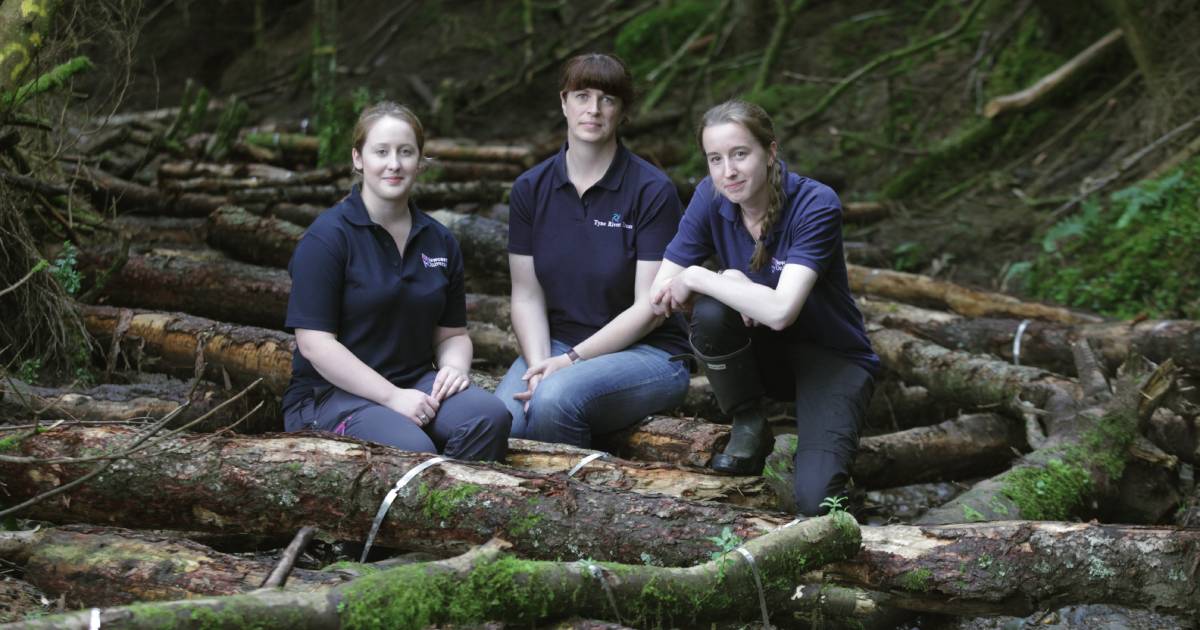COP26: Ensuring our climate research is accessible to all
4 November 2021 | By: Newcastle University | 2 min read
In this COP26 blog, Dr Eleanor Starkey tells us how Newcastle University helps address the climate emergency. Learn how our climate research plays a crucial role in shaping our planet’s future.
What is the COP26 Universities Network and what does it do?
The COP26 Universities Network was set up in the run-up to the UN COP26 Climate Change Conference. Newcastle University and over 80 other UK-based universities and research institutions are a part of this group.
-
Communicating and sharing knowledge and innovation relevant to COP26 and the Presidency themes;
- Sharing academic work on a local to international level using the media;
- Promoting partnerships to maximise the research potential;
- Creating expert sub-groups, which have developed climate-related briefing notes;
- Targeting education and skills by encouraging a long-lasting climate within higher education institutions;
- Encouraging members to take action on their own campus, including a commitment towards net zero universities;
Encouraging members to mobilise change within their local community and city; - Sharing best practices through public engagement opportunities;
- Providing members with funding to take part in engagement training;
- Creating and funding climate ambassadors and research fellowships.
The University's engagement in the COP26 summit
Professor Hayley Fowler is part of the COP26 Universities Network steering group committee. She has coordinated Newcastle University’s contributions, supported by our Water research group (at the School of Engineering).
Through the network, we have raised climate ambitions. We are playing a crucial role in shaping a successful COP26 summit.
Ten members of our University community are attending the conference as observers. The attendees include academics, Professional Services colleagues and students.
In the lead up to COP26, our staff and students also got involved in various events:
The COP26 Universities Network has been a success so far. It is driving and generating climate action across the higher education sector. It has enabled institutions to form many interdisciplinary partnerships. Our aim is to continue working together beyond the COP26 summit.
The National Green Infrastructure Facility and its importance to our planet's future
How are we spreading the word about the NGIF?
Find out more
Learn more about the COP26 Universities Network. You can follow the COP26 Universities Network’s involvement during the COP26 summit on Twitter @COPUniversities (#COP26Universities) and COP26 Universities Network on YouTube.
Learn more about the NGIF on-site facilities and research. Or get in touch with the NGIF team via email: green.infrastructure@ncl.ac.uk
You can also contact Dr Eleanor Starkey, Research Associate, National Green Infrastructure Facility via email: eleanor.starkey1@ncl.ac.uk
